- Home
- slideshows
- miscellaneous
- Obama says these were his 29 favorite books of 2018
Obama says these were his 29 favorite books of 2018
"Becoming" by Michelle Obama

"An American Marriage" by Tayari Jones
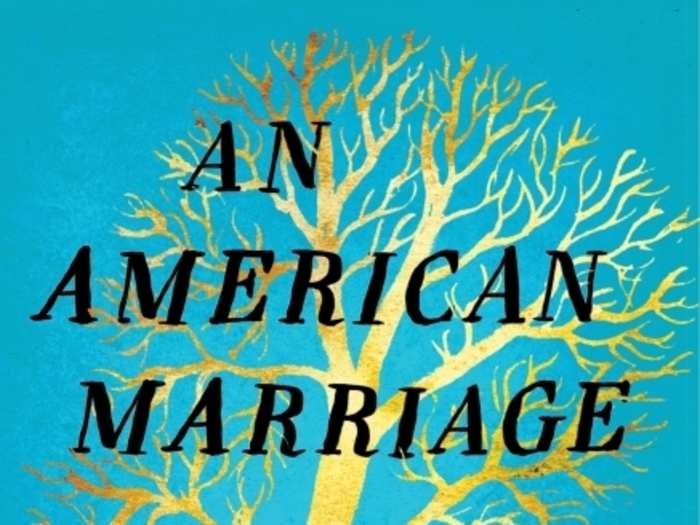
Tayari Jones' novel tells the story of a newlywed couple, Roy and Celestial, living the American Dream — until they are ripped apart by a false conviction.
Roy is sentenced to 12 years in prison and though Celestial knows he's not guilty, she is unable to hold on to the love that first brought them together, finding solace instead in her childhood friend.
"An American Marriage" has been highly acclaimed and was even named one of Oprah's 2018 Book Club selections.
"Americanah" by Chimamanda Ngozi Adichie
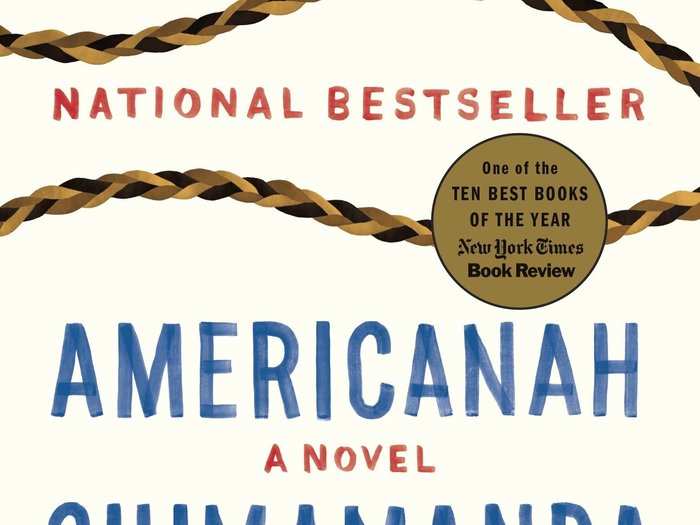
"Americanah," a 2013 novel by Chimamanda Ngozi Adichie, tells the story of Ifemelu, a young Nigerian woman who moves to America for college.
Ifemelu, bright and ambitious, leaves Nigeria and her teenage sweetheart Obinze behind in search of an education away from the country's military dictatorship.
In the US, she struggles with racism and discovers what it means to be black in America. Ifemelu's experiences lead her to create a popular blog detailing her "Americanization."
Ngozi Adichie has received wide praise for her tackling of different societies and tensions among populations — particularly her depiction of blackness across America, Britain, and Nigeria.
"The Broken Ladder: How Inequality Affects the Way We Think, Live, and Die" by Keith Payne
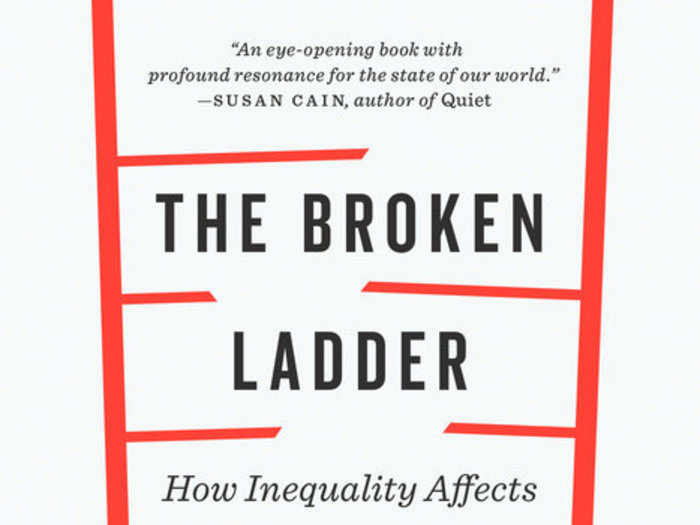
Keith Payne's book, which Obama described as a "highly readable account," examines the physical, psychological, and moral effects of inequality.
Payne explores how not just being poor but feeling poor matters in both personal and national development.
Payne touches on how women in poor countries tend to have more children and at a younger age, how people's perception of their social status affects their political views, and how poverty raises stress levels as effectively as physical threats.
By dissecting inequality this way, "The Broken Ladder" shows readers how our world — and our worldview — is shaped by our socioeconomic standing.
"Educated" by Tara Westover
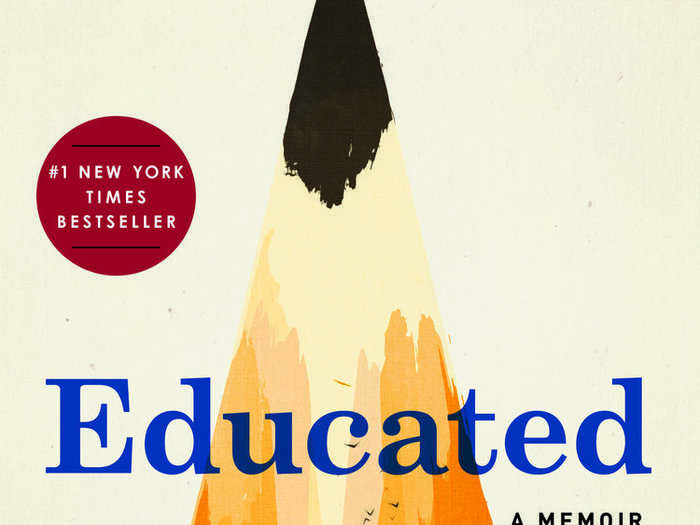
Tara Westover didn't step foot in a classroom until she was 17.
Her memoir, "Educated," details her life as a member of a family so isolated from mainstream society it didn't educate its children.
After one of her brothers made it to college, Westover decided it was time to leave the world she grew up in and seek an education for herself. Her quest took her from the halls of Harvard to the classrooms in Cambridge, where she finally earned a PhD.
Westover's memoir brings up the question of how much are we willing to forgo for our families, and how much an education is worth.
"Factfulness" by Hans Rosling
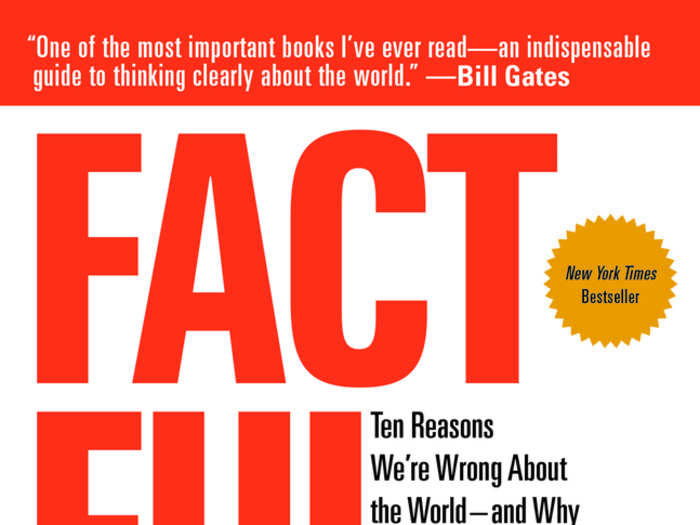
In "Factfulness," Hans Rosling explains why, when asked simple questions about global trends, most humans – including journalists, teachers, and investment bankers — tend to get the answers wrong.
Rosling, a professor Obama lauded as "an outstanding international public health expert", writes about the 10 "instincts" that distort our perspective. These include how we tend to divide the world in two (us vs. them), how we consume media with fear, and how we constantly perceive progress by believing that everything is getting worse.
Our problem, Rosling writes, is that we often let our biases take a hold of us, instead of facts.
"Futureface: A Family Mystery, an Epic Quest, and the Secret to Belonging" by Alex Wagner
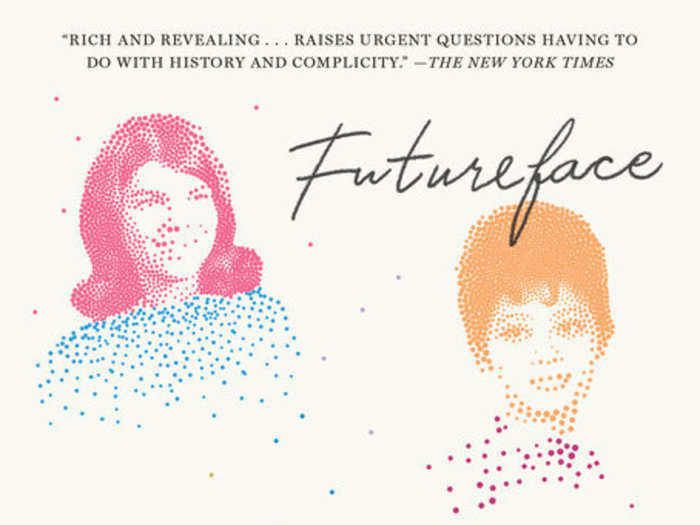
Alex Wagner's "Futureface" takes readers down the author's obsession to find out more about her family's racial and ethnic history.
The daughter of a Burmese mother and a white American father, Wagner always thought of herself as a face from the future — when "all races would merge into a brown singularity." But then a family secret draws her to the world of ancestry and DNA testing.
In this memoir, Wagner, a journalist, wades through the history of genetics, science, and sociology to explain why we are so obsessed with making sense of our ancestry and genes in order to make us feel like we belong.
"A Grain of Wheat" by Ngugiwa Thiong'o
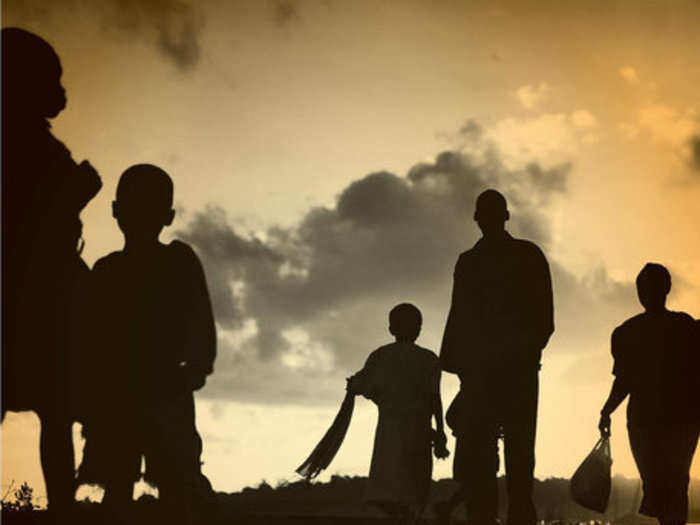
In his best-known novel, Kenyan writer Ngugi wa Thiong'o, a Nobel Prize-nominee, writes about a group of villagers living at the cusp of Kenya's independence from Britain.
"A Grain of Wheat" takes place in the wake of the Mau Mau rebellion and tells the story of Mugo, the village's hero, who is haunted by a terrible secret.
Thiong'o's 1967 novel withstands the test of time and weaves together different stories from the state of emergency caused by Kenya's fight for independence. Obama said the novel is a "compelling story of how the transformative events of history weigh on individual lives and relationships."
"A House for Mr. Biswas" by V.S. Naipaul
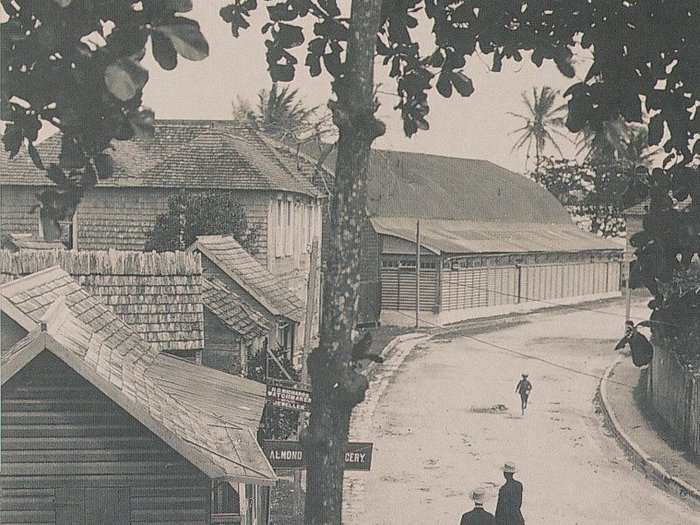
V.S. Naipaul's novel, "A House for Mr. Biswas," follows a protagonist inspired by the author's father as he struggles to find his own home and freedom.
The man, Mr. Biswas, is the son of a poor laborer from Trinidad and is forced to move from overcrowded home to overcrowded home. After his father dies, Mr. Biswas is forced to build a life of his own, raising his own family and taking odd jobs, including a successful career in journalism.
Naipaul's book is a look into colonial society at the beginning of a modern transition, anchored by a man in search of freedom from tradition, family, and religion.
"How Democracies Die" by Steven Levitsky and Daniel Ziblatt
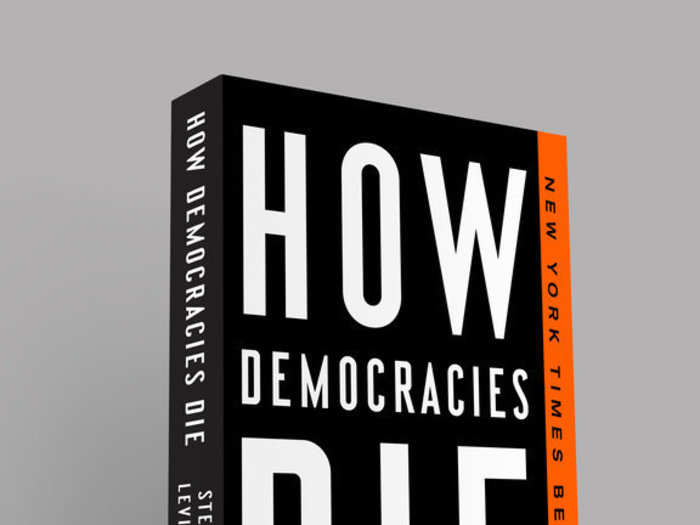
Since the 2016 election, many Americans been asking themselves, "Is our democracy in danger?"
Harvard professors Steven Levitsky and Daniel Ziblatt try to answer that in their new book. They explain the many ways democracy is eroded on the road to destruction, including the slow but steady weakening of institutions.
Drawing from decades of research into Latin American and European regimes, Levitsky and Ziblatt show "How Democracies Die" — and explain how Americans could still save ours.
"In the Shadow of Statues: A White Southerner Confronts History" by Mitch Landrieu
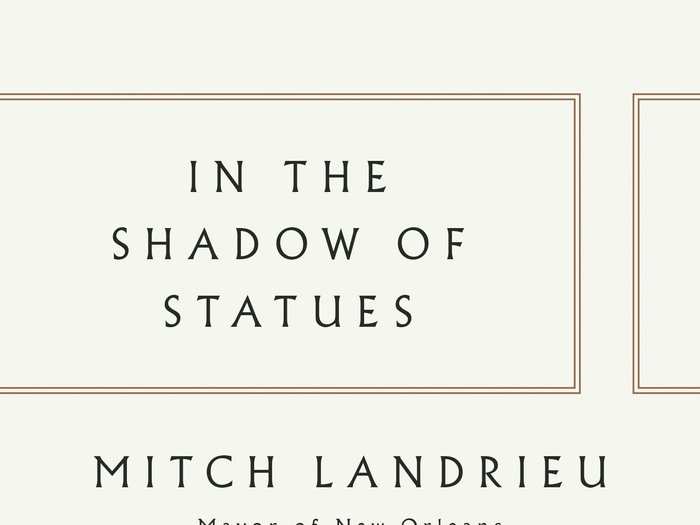
Mitch Landrieu, the New Orleans mayor who ignited a national debate after he removed Confederate statues around the city, confronts the racism that permeates the US in his book "In the Shadows of Statues."
Landrieu discusses his personal journey on race and urges white Americans to reckon with the country's past.
In the book, Landrieu not only explains the reasons why he decided to take down the monuments, but also walks readers into the broader history of slavery, race, and institutional inequalities still present in the US.
"Long Walk to Freedom" by Nelson Mandela
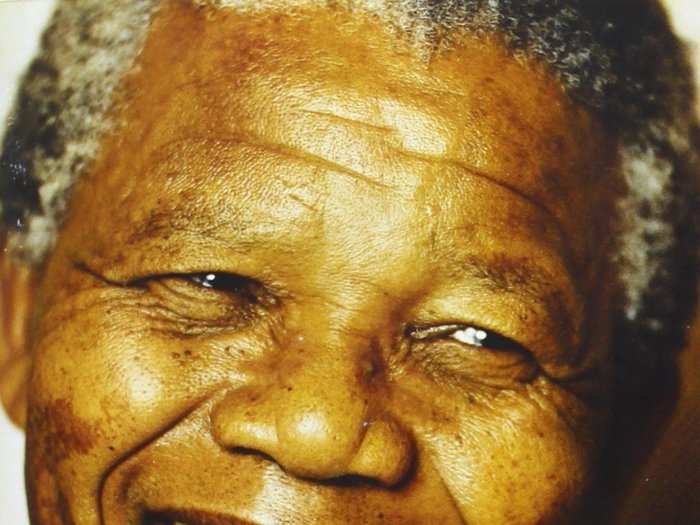
Nelson Mandela's 1994 autobiography, "Long Walk to Freedom," profiles the South African leader's life, taking readers first through his childhood, adolescence, and education before chronicling his historic fight against apartheid.
In the second half of the book, Mandela writes about his 27 years in prison and his time in the African National Congress, culminating with his ascension into the South African presidency.
Mandela's autobiography has long been lauded as a "must-read book" and inspired the 2013 film "Mandela: Long Walk to Freedom," which came out days after Mandela's death.
"The New Geography of Jobs" by Enrico Moretti
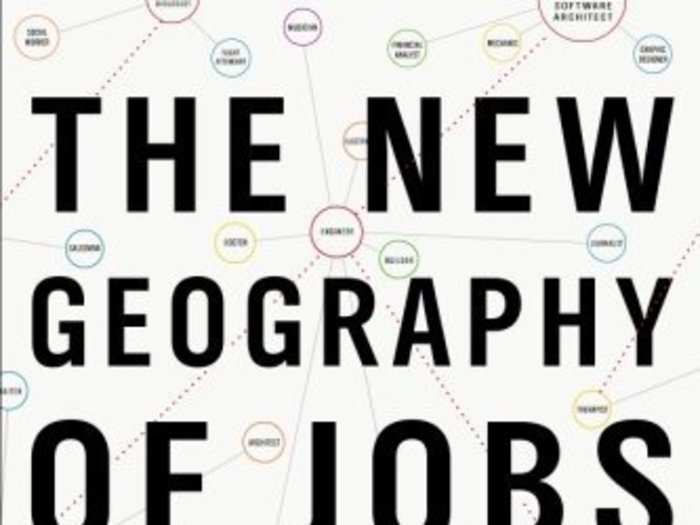
Obama called Enrico Moretti's book a "timely and smart discussion of how different cities and regions have made a changing economy work for them – and how policymakers can learn from that to lift the circumstances of working Americans everywhere."
In his book, Moretti explains that America is no longer divided between "red versus blue, haves versus have-nots."
Instead, three types of America exist: the "brain hubs", cities like San Francisco and Boston, home to some of the most creative and best-paid workers in the world; the "former manufacturing capitals", which are losing jobs and residents; and the rest of the country, which lies somewhere in between these two.
Moretti's "The New Geography" argues that the challenge of the century is dealing with the split between these three Americas.
"The Return: Fathers, Sons and the Land in Between" by Hisham Matar
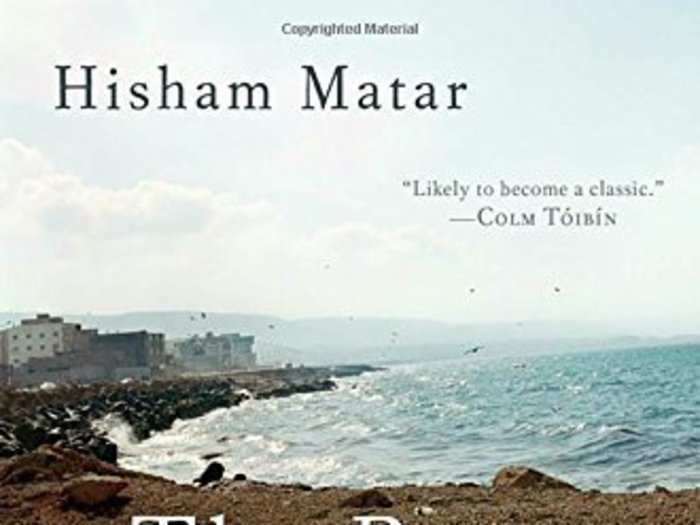
Hisham Matar's 2017 Pulitzer Prize-winning memoir takes readers through a tale of fathers and sons, loss and healing.
Matar tells the story of how, as a young college student in England, he heard the news of his father's mysterious disappearance. He went back home in search of the truth.
"The Return" transforms Matar's quest for answers into a tale of hope and resilience.
"Things Fall Apart" by Chinua Achebe
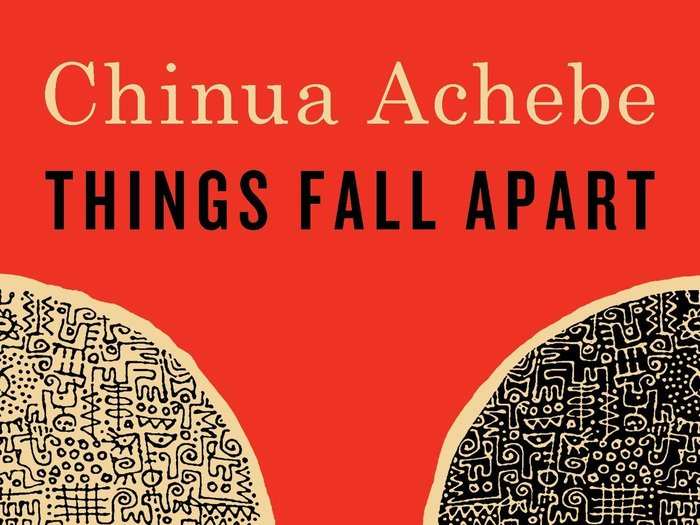
Chinua Achebe's 1958 novel chronicles pre-colonial life and the arrival of Europeans in southeast Nigeria.
The novel follows Okonkwo, a Igbo man and local wrestling champion, and, in three parts, describes life in Nigeria through Okonkwo's family, customs and society, then the influence of British colonialism and the presence of Christian missionaries.
"Things Fall Apart" is widely considered a milestone in African literature and has inspired a generation of African writers.
"Warlight" by Michael Ondaatje
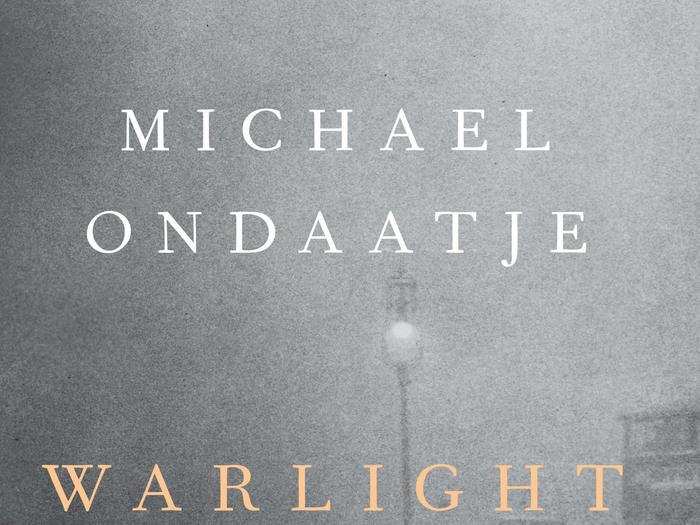
"Warlight," a novel by Canadian author Michael Ondaatje, is a story of love, violence, and enigma.
Set in 1945 London, the story follows young siblings Nathaniel and Rachel who are left behind with a mysterious figure named the Moth after their parents move to Singapore.
The Moth is an eccentric man, surrounded by men and women with interesting stories and behaviors. The children grow to trust the Moth and his friends, who work to educate and protect them.
Years later, Nathaniel begins uncovering the mysterious circumstances of their upbringing.
"Why Liberalism Failed" by Patrick Deneen
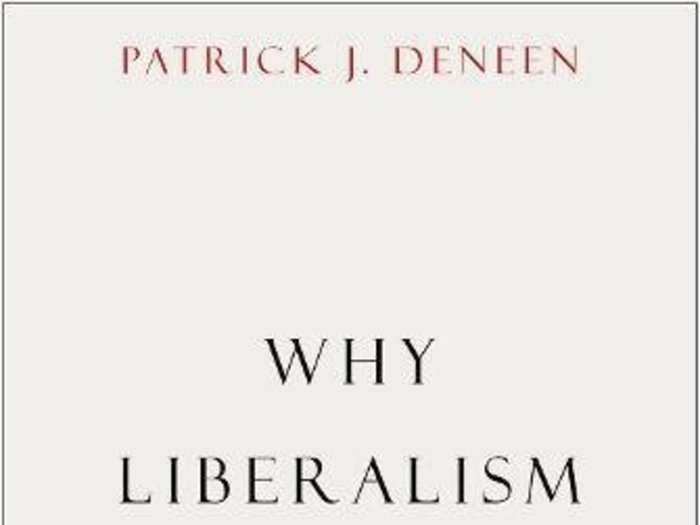
Patrick Deenen, a professor of political science at Notre Dame, argues in this provocative book how liberalism is built upon a foundation of contradictions.
The book outlines why the successes of liberalism are inherently setting up its demise.
"'Why Liberalism Failed' offers cogent insights into the loss of meaning and community that many in the West feel, issues that liberal democracies ignore at their own peril," Obama said.
"The World As It Is" by Ben Rhodes
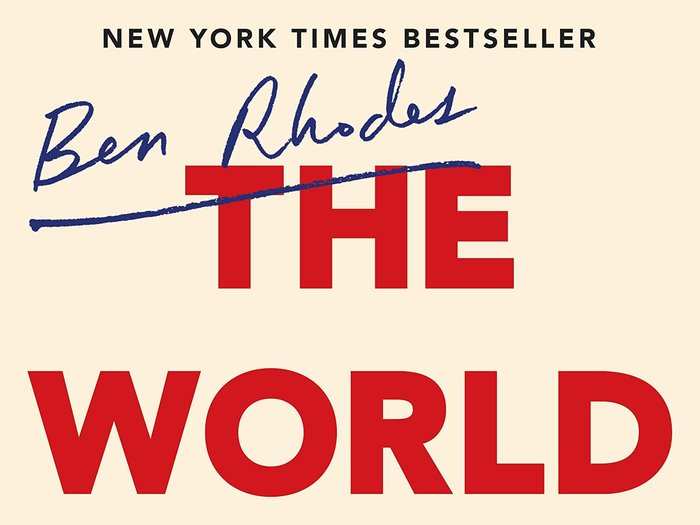
Ben Rhodes, one of Obama's most trusted aides, wrote what the New Yorker described as "the closest view of Obama we're likely to get until he publishes his own memoir."
In "The World As It Is," Rhodes brings readers into the day-to-day of the Obama administration, from the daily briefings to some of the most consequential and controversial moments of his presidency.
Rhodes, who served as Obama's speechwriter for some time, was a writer before he was a staffer, making his book read like a novel that puts readers in the room where it happened.
"American Prison" by Shane Bauer
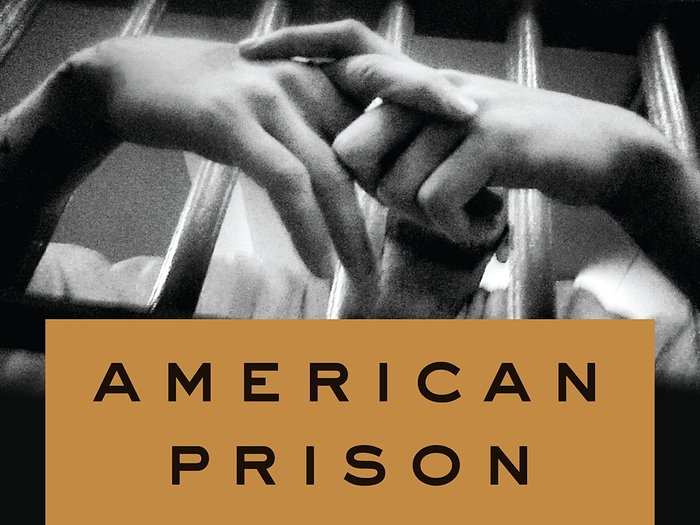
Journalist Shane Bauer was hired to work as an entry-level prison guard at a private prison for $9 an hour in 2014. He used his real name and no in-depth background check was done.
Though he was fired four months later, what he saw and collected was enough to write the most-read feature Mother Jones ever published.
In "American Prison," Bauer brings forth details, stories, and analysis collected through his time as a guard in a for-profit prison, guarded in a system that he says is deliberately unaccountable to public scrutiny.
"Arthur Ashe: A Life" by Raymond Arsenault
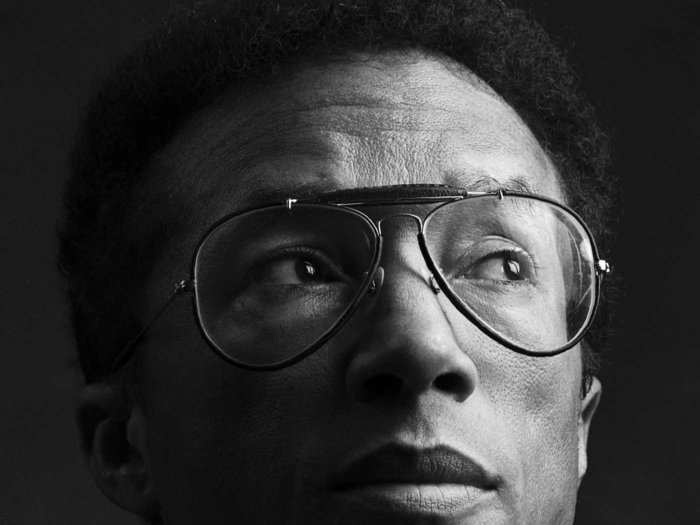
This is the first comprehensive biography of tennis player and civil rights activist Arthur Ashe.
Author Raymond Arsenault traces Ashe's rise to stardom, and the work he did pushing for racial equality and the abolition of apartheid in South Africa.
In "A Life," readers are taken through Ashe's career as an advocate for sportsmanship, equality and education, as well as his struggles with a serious heart condition that, after a series of blood transfusions, left him HIV-positive.
"Asymmetry" by Lisa Halliday
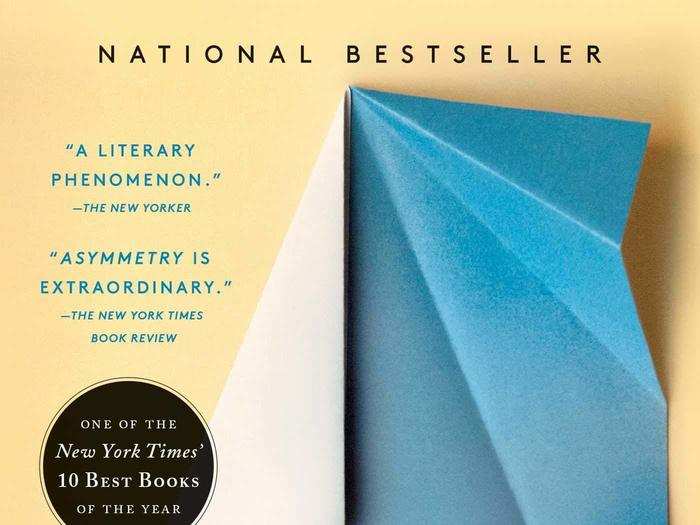
Lisa Halliday's novel "Asymmetry" is divided into three different sections that explore the imbalances underpinning human connections: inequalities in age, talent, power, money, fame, geography, and justice.
The first section focuses on a book editor working with a much older and more famous writer, sparking an unexpected romance in the early years of the Iraq war.
The second section focuses on an Iraqi man who, while attempting to visit family in Kurdistan, is forced to spend the new year in a holding room in Heathrow.
The final section shows how these stories overlap, showing readers a connection between the West and the Middle East.
"Feel Free" by Zadie Smith
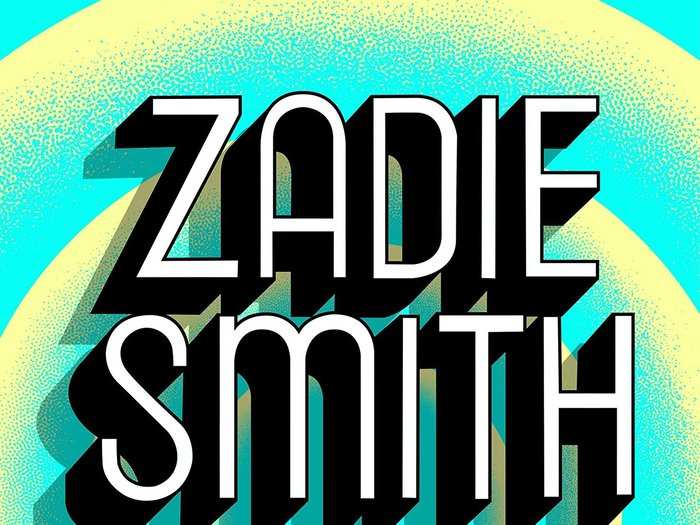
Famed author Zadie Smith is known not only for her bestsellers "White Teeth" and "On Beauty," but also for her brilliant essays often published in the New Yorker and the New York Review of Books.
"Feel Free" is a collection of some of the author's essays. Arranged in five sections, the essays cover a variety of topics and questions, from Facebook to libraries, offering a number of takes on current events, culture and politics, as well as Smith's life.
"Florida" by Lauren Groff
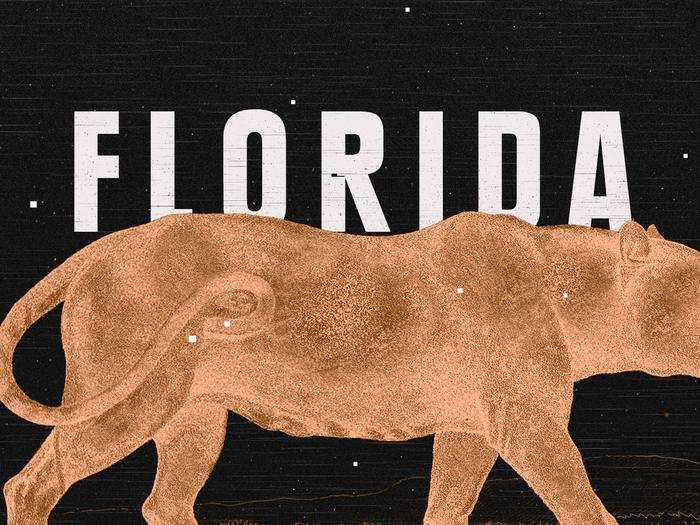
"Florida," by Lauren Groff, is a collection of stories all centered on a place diverse in landscape, weather, history, and state of mind.
In 11 tales, Groff introduces readers to a cast of characters living in a state cluttered with snakes, sinkholes, panthers, and storms.
"Frederick Douglass: Prophet of Freedom" by David W. Blight
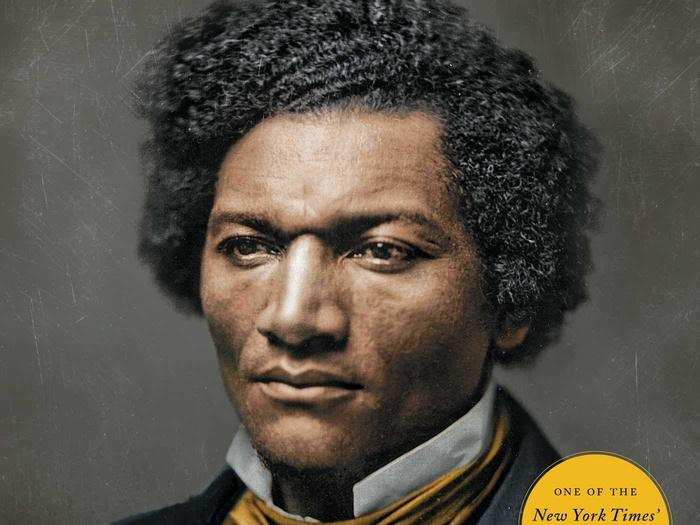
David W. Blight's biography of Frederick Douglass takes readers through new information previously held in a private collection on the life of the escaped slave who became a leading abolitionist.
"Prophet of Freedom" is the first major biography of Douglass in a quarter of a century. The New York Times Book Review called Blight's book "Cinematic and deeply engaging ... a tour de force of storytelling."
"Immigrant, Montana" by Amitava Kumar
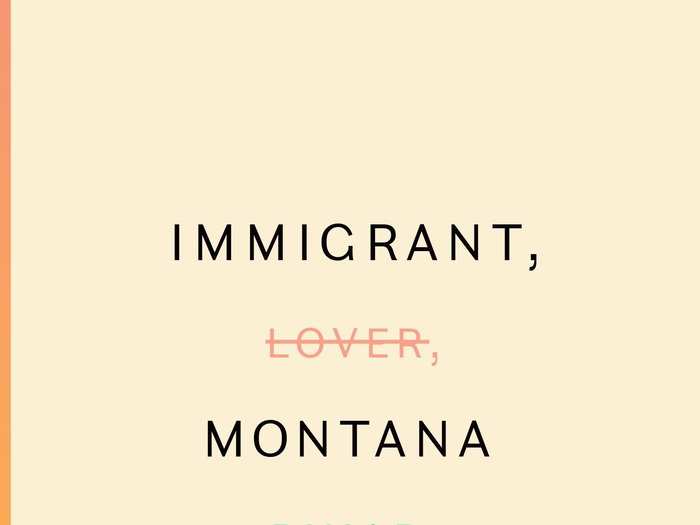
Amitava Kumar's novel "Immigrant, Montana" tells the tale of Kailash, an Indian student who arrives to post-Reagan America to go to grad school.
As he begins to settle in his new, American life, Kailash falls in and out of love with a series of women and meets a professor who shapes his life.
Looking back on his life, Kailash reflects on love, migration, race, and politics, and how they all played an important role in his life.
"The Largesse of the Sea Maiden" by Denis Johnson
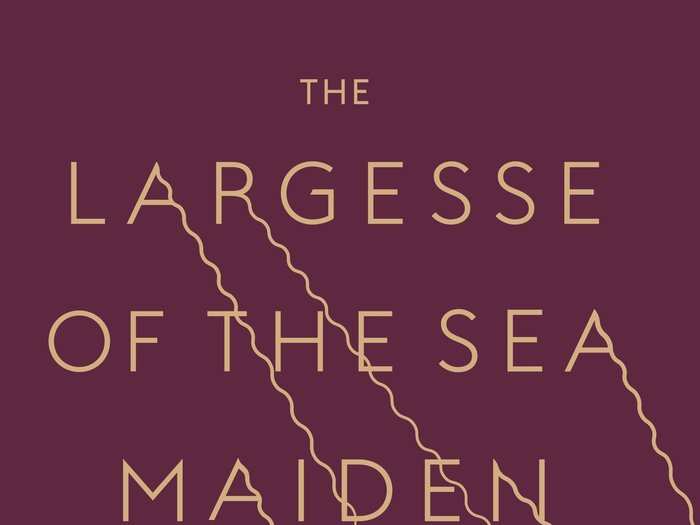
This posthumous short story collection by Denis Johnson touches on mortality and transcendence and was finished shortly before the Pulitzer Prize-winner's death.
The stories in "Largesse of the Sea Maiden" show Johnson's venture into memory, personal introspection, and ruminations anchored by narrators who critics have said are very similar to the author himself.
"Life 3.0: Being Human in the Age of Artificial Intelligence" by Max Tegmark
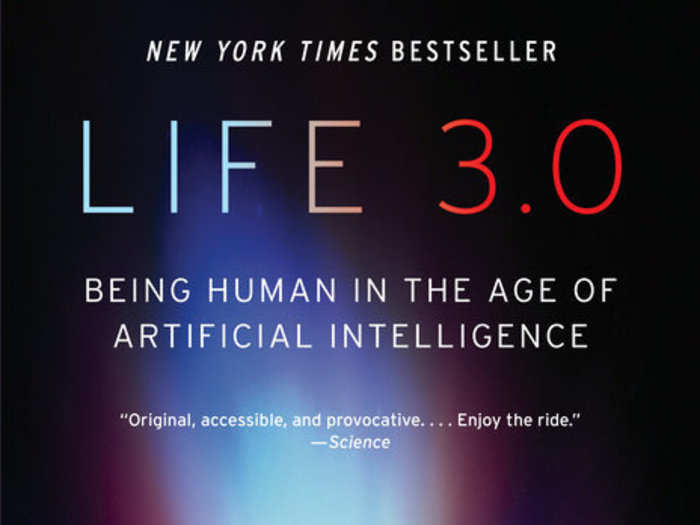
"Life 3.0" examines the ways artificial intelligence impacts our life, earth, and beyond.
Max Tegmark's deep dive into the ways AI could affect us in the future theorizes ways in which we could increase the odds of this technology's impact being a positive one.
Tegmark's book also touches on the impacts AI will have on war, justice, society, and even our own sense of humanity.
Elon Musk called it a "compelling guide to the challenges and choices in our quest for a great future of life, intelligence and consciousness—on Earth and beyond."
"There There" by Tommy Orange
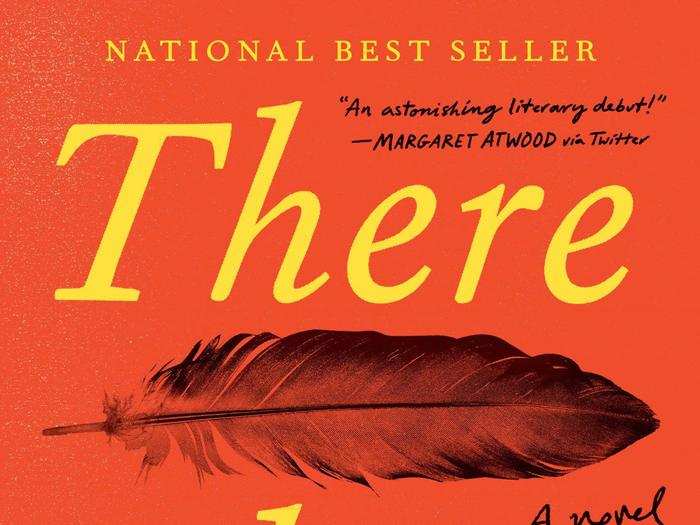
Tommy Orange's novel tells the story of 12 Native Americans of different ages living in Oakland, California whose lives all come together as they attend the Big Oakland Powwow.
In "There There", Orange grapples with painful but important history as he explores Native identity and what it means in the modern age.
"Washington Black" by Esi Edugyan
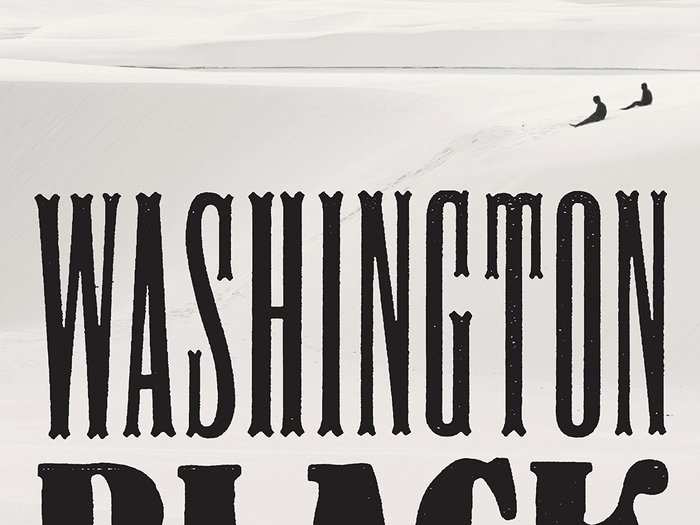
"Washington Black" by Edi Edugyan is the story of 11-year-old George Washington Black, a young slave in a Barbados plantation who is chosen by his master's brother to be his manservant, a job that terrifies him.
But, it turns out, his new master turns out to be an eccentric naturalist, explorer, inventor and, most importantly, abolitionist.
Edugyan's tale takes readers through an examination of love, freedom, and redemption.
Popular Right Now
Popular Keywords
Advertisement